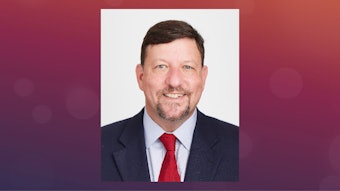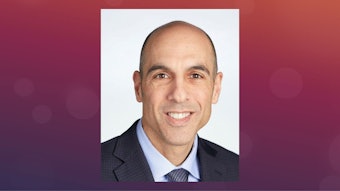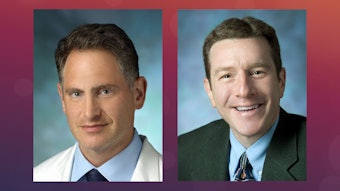Keynote preview: stress is where the heart is
Stress can affect your mental and physical health, and how you care for your patients.

As a hospitalist, the lives of your patients depend on you taking care of yourself just as much as taking care of others — and that means both physically and mentally.
Wednesday’s keynote speaker, Sandeep Jauhar, MD, PhD, said the current state of medical practice has left caregivers facing an unprecedented amount of stress. This can lead to burnout as well as other physical health issues, including one that is not recognized as often as it should be: heart health.
“In heart health, we talk about cholesterol and blood pressure, but we very rarely talk about stress,” said Dr. Jauhar, who is the author of three bestselling books and a longtime editorial contributor to The New York Times. “There are studies that show emotional stress can have direct impacts on the heart. Acute, overwhelming stress can change the shape of the heart and result in what’s called the broken heart syndrome. Even low levels of occupational stress have been shown to be harmful.”
In today’s medical environment, Dr. Jauhar said that stress and burnout can come from just about anywhere. It is important for physicians to determine the source so they can better learn how to deal with it.
“Burnout stems from many different places — the loss of autonomy, decreases in income, the loss of time to provide good care — which has resulted in an existential crisis in medicine,” he said. “People feel like they can’t be the kind of doctor that they wanted to be, that they had aspired to be when they were in training. And I think that results in emotional stress and burnout.”
Once you recognize your stress and determine the source, the next step is finding the best way for you to deal with it. Although Dr. Jauhar will review stress management techniques in his presentation, he said one size doesn’t fit all in handling stress.
“What alleviates stress for you may be different than what alleviates stress for me,” he said. “For some people, it may be physical exercise, for some people it’ll be yoga, or medication or spending time with their family. But whatever works for you, you have to take an individualized approach.”
Dr. Jauhar said stress is an increasing problem in the medical community, and it is one that must be addressed at all levels.
“Physicians and care providers in general are under historically high levels of stress that are leading to burnout. These have real physical and mental health implications, and we need to do something about it,” he said. “There is an inordinate amount of stress in what we do, and it has implications for our health. And unless we take care of ourselves, we’re not going to be in the best position to take care of other people.”
Visit SHM Meeting News Central for more coverage.











